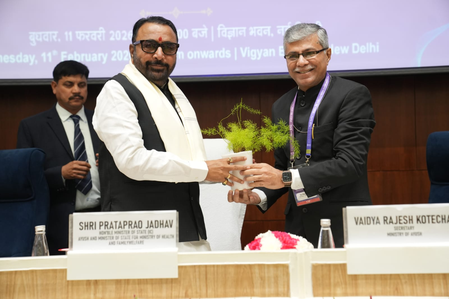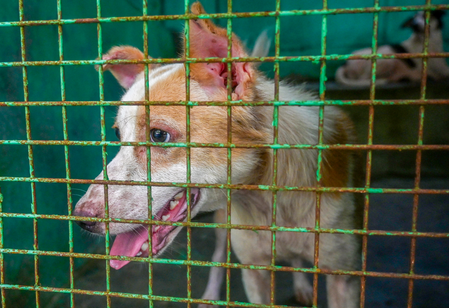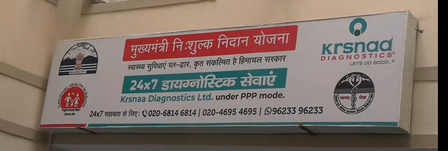
Faridabad (Haryana), March 8 (IANS) In a medical marvel, doctors in Haryana’s Faridabad have successfully conducted liver transplants in two young girls with rare diseases, using a bloodless technique.
The girls, aged 10 and 11 years, suffered from Wilson’s disease, an inherited disorder that accumulates copper in the body; and an autoimmune liver disease, where the body’s immune system mistakenly attacks the liver.
Their livers were transplanted using the bloodless technique — the most advanced technique applied in high-end surgeries, including organ transplants. In the technique, the blood spillage from the patient is transfused back into the body, rendering the requirement of the transfusion of external blood unnecessary, said the doctors at Marengo Asia Hospitals, who pioneered the technique in India and South Asia.
“I have witnessed the resilience of these young patients. Despite their small stature, their courage and strength in facing such a challenging surgery inspire hope not just in their families but in all of us,” Dr Punit Singla, Director & HOD, Liver Transplant, Marengo Asia Hospitals, told IANS.
“Every transplant is a testament to the power of medicine, teamwork, and the generosity of organ donors. Today, we have not just given them a new liver; we have given them the chance to embrace life with renewed vigour and optimism,” he added.
Baby Lachyn, 11, suffering from Wilson’s disease, was admitted to the emergency with abdominal distension in an unconscious state. She had severe jaundice and hepatic encephalopathy. In individuals with Wilson’s disease, the defective protein impairs the body’s ability to eliminate excess copper, leading to its accumulation in the liver and subsequent release into the bloodstream.
While the complex surgery lasted for 12 hours, the bloodless technique helped the surgeons overcome significant risks.
The second patient, Aruuzatym,11, from Kyrgyzstan was presented to the hospital with decompensated liver disease, along with low platelet count and recurrent bleeding from the nose.
In both cases, the girls’ fathers were the donors, and were discharged after a week, while the girls were discharged after three weeks, the hospital said.
–IANS
rvt/vd




